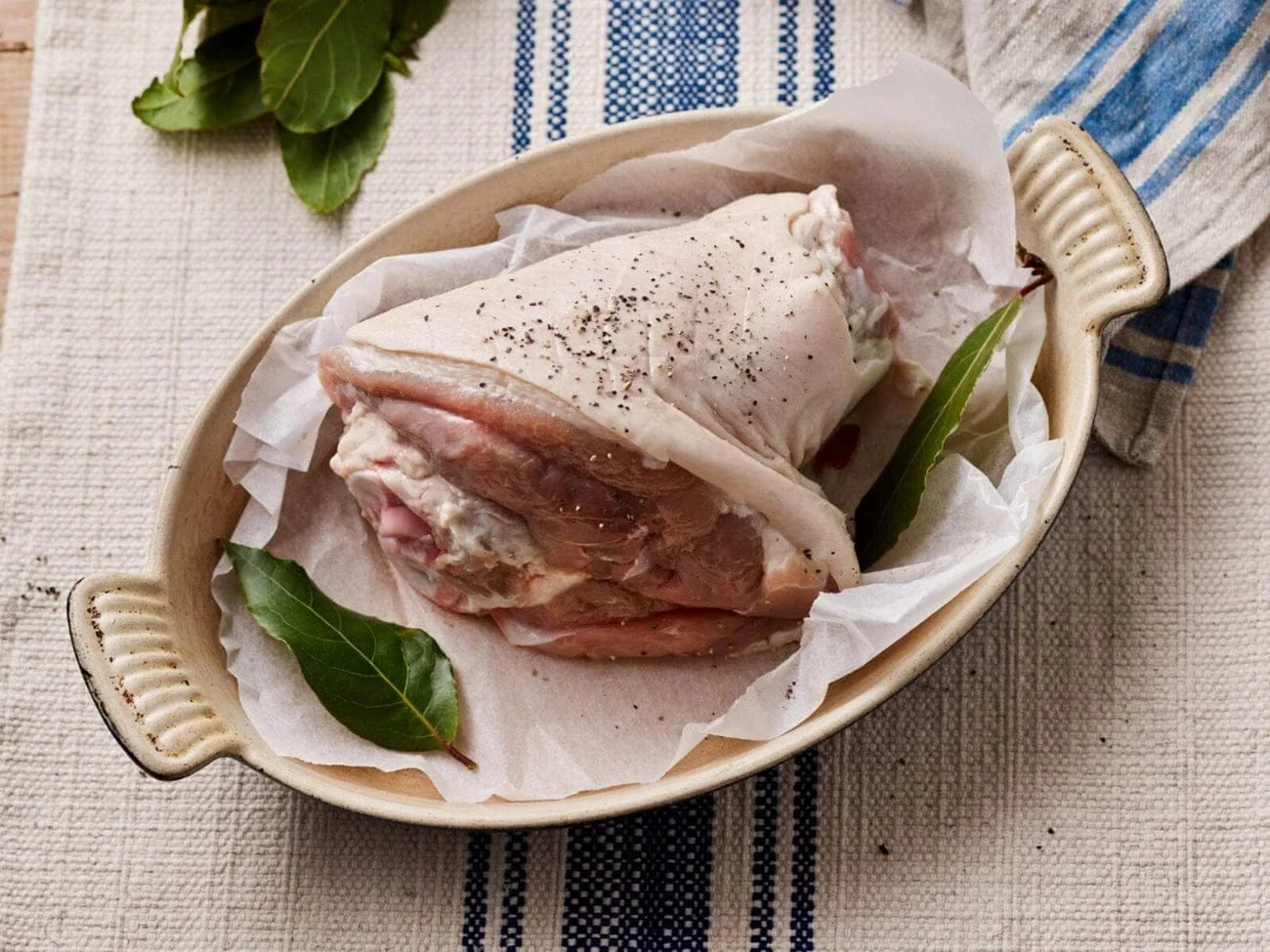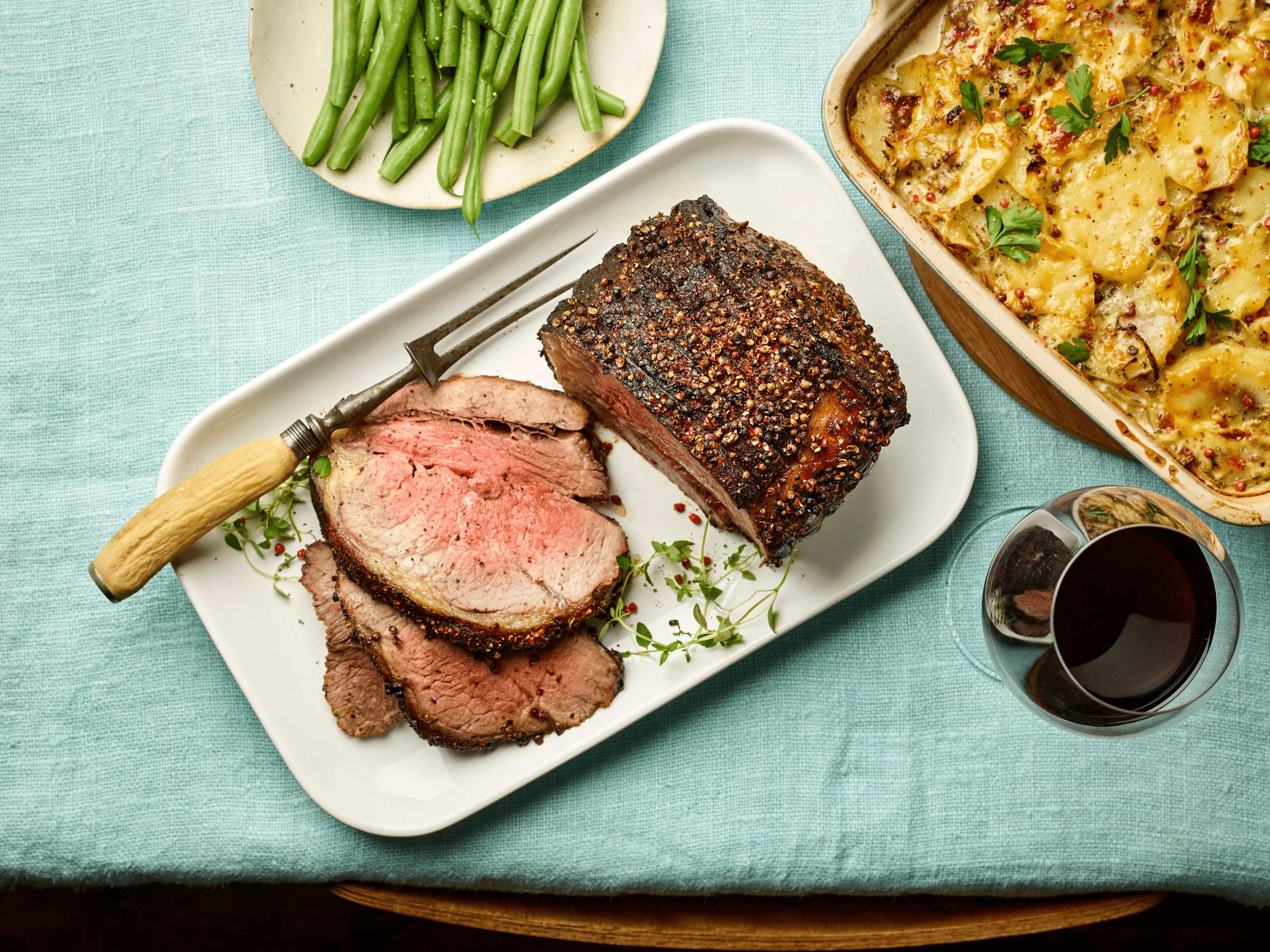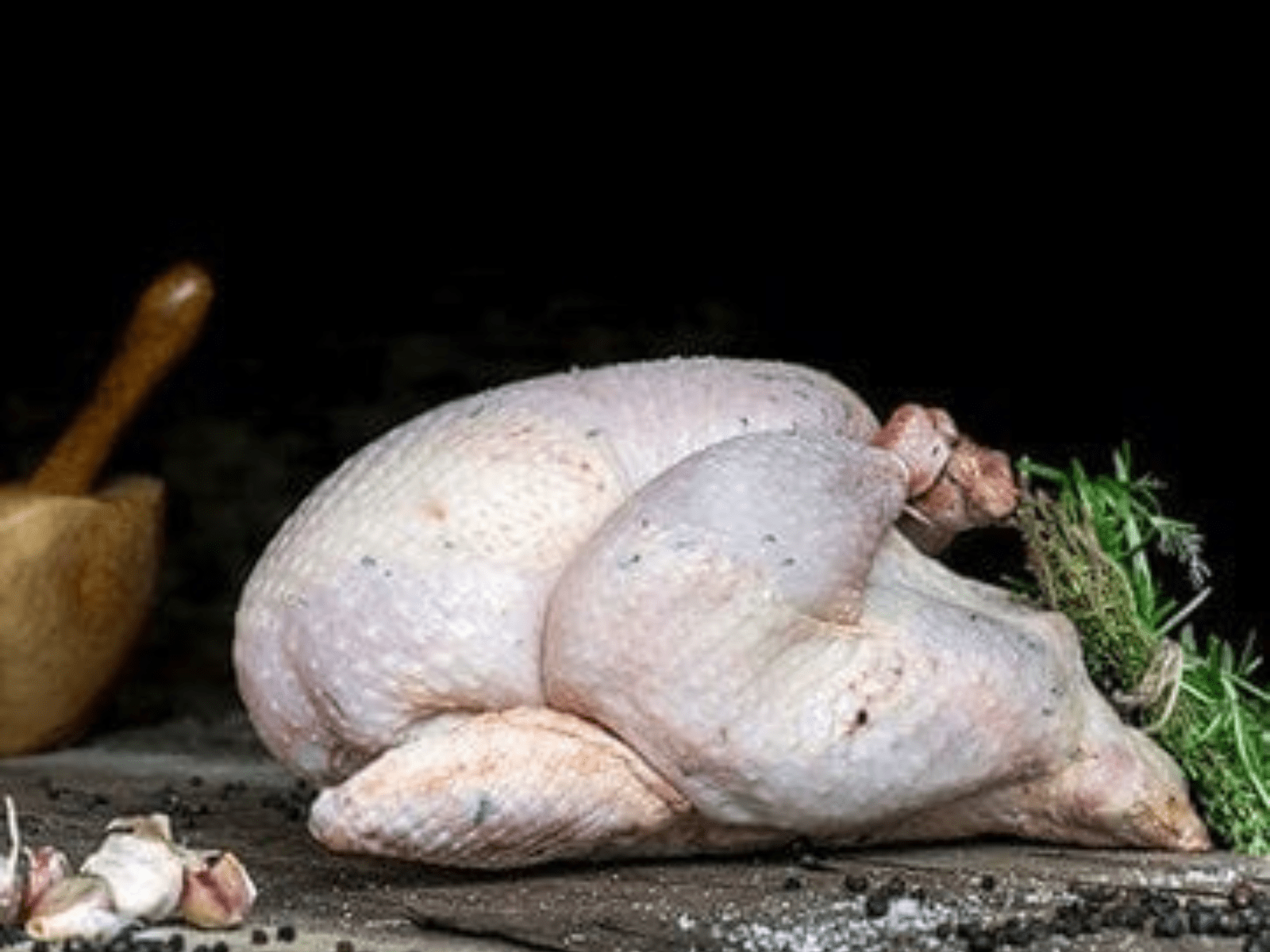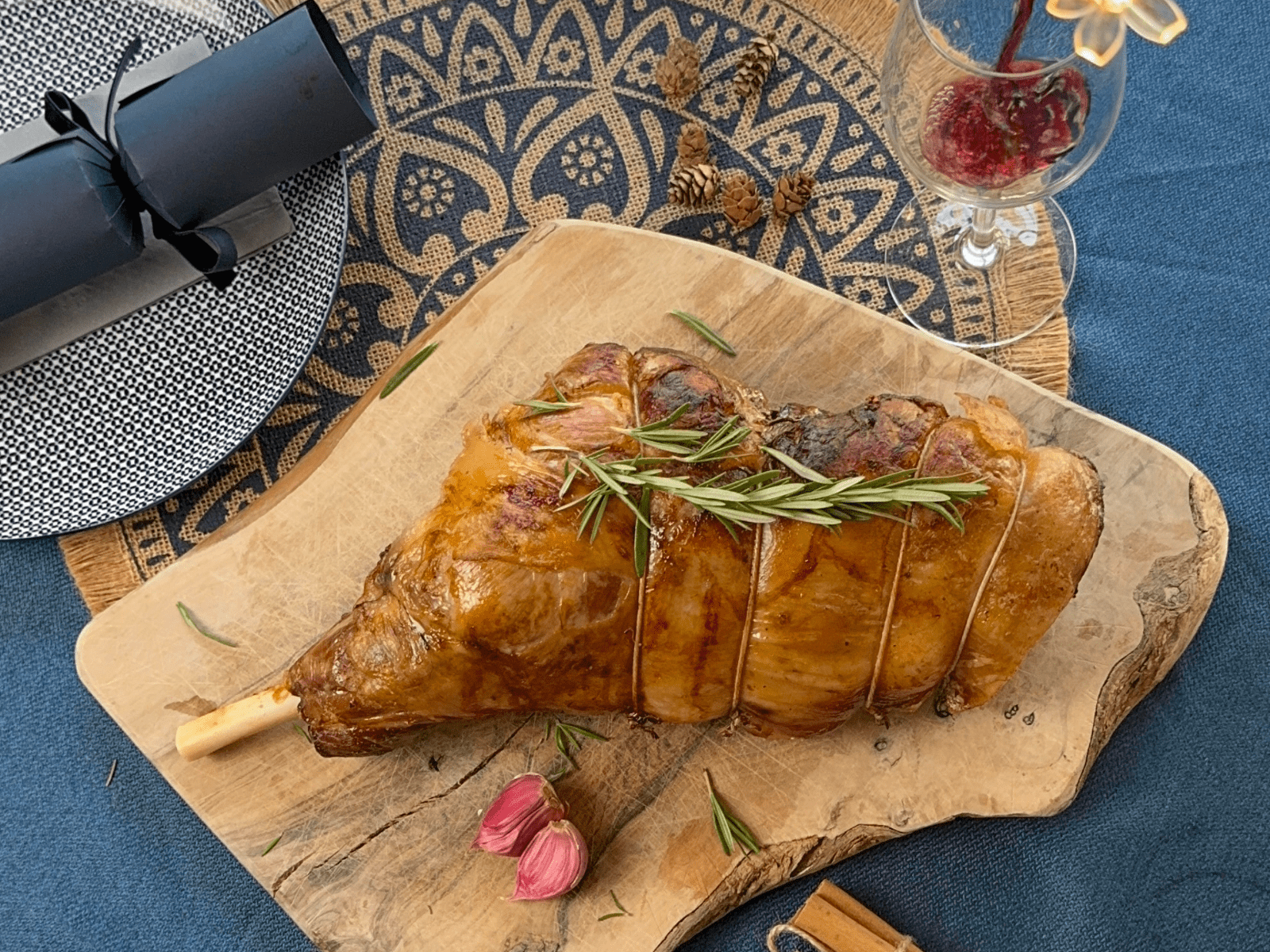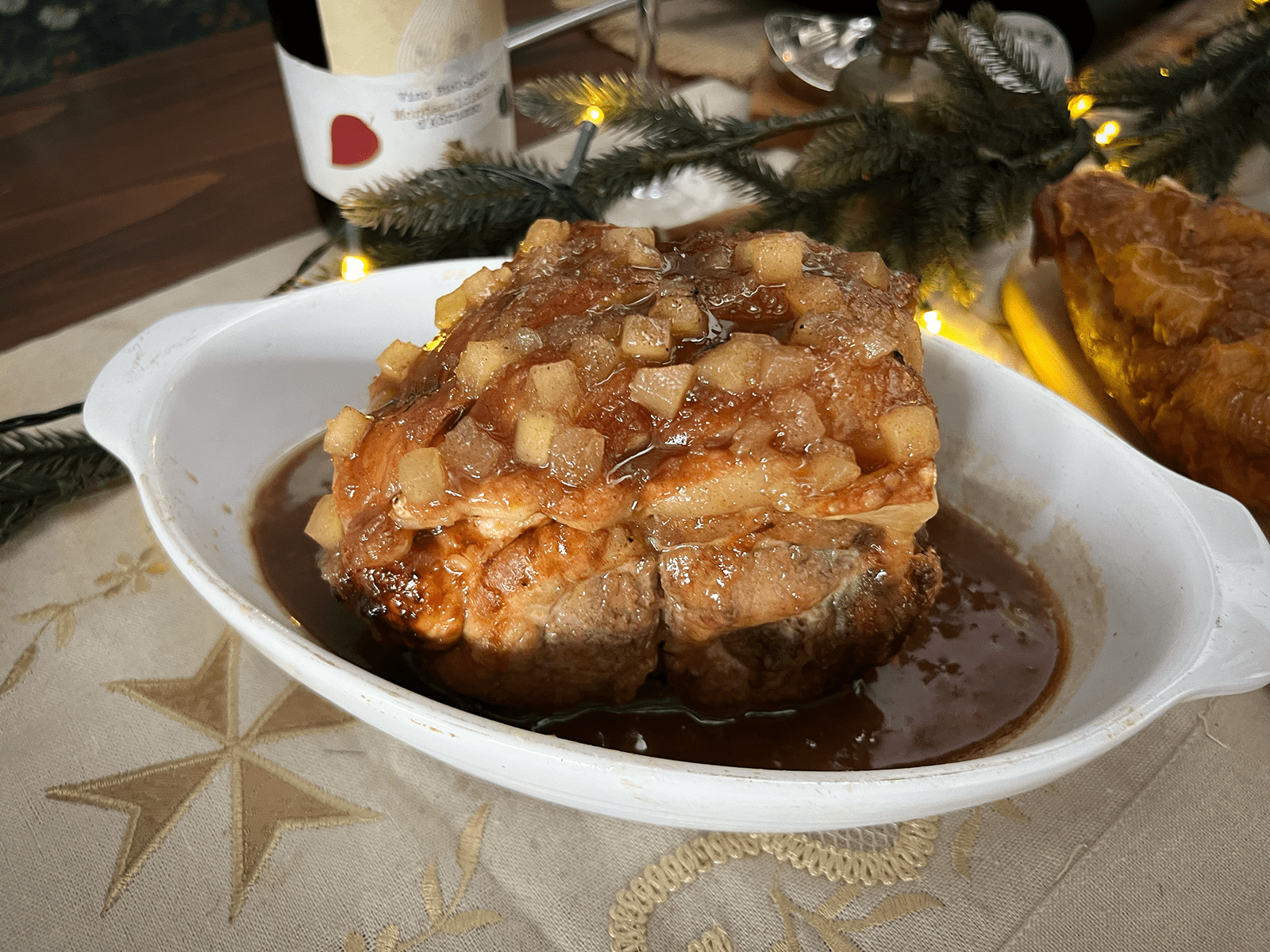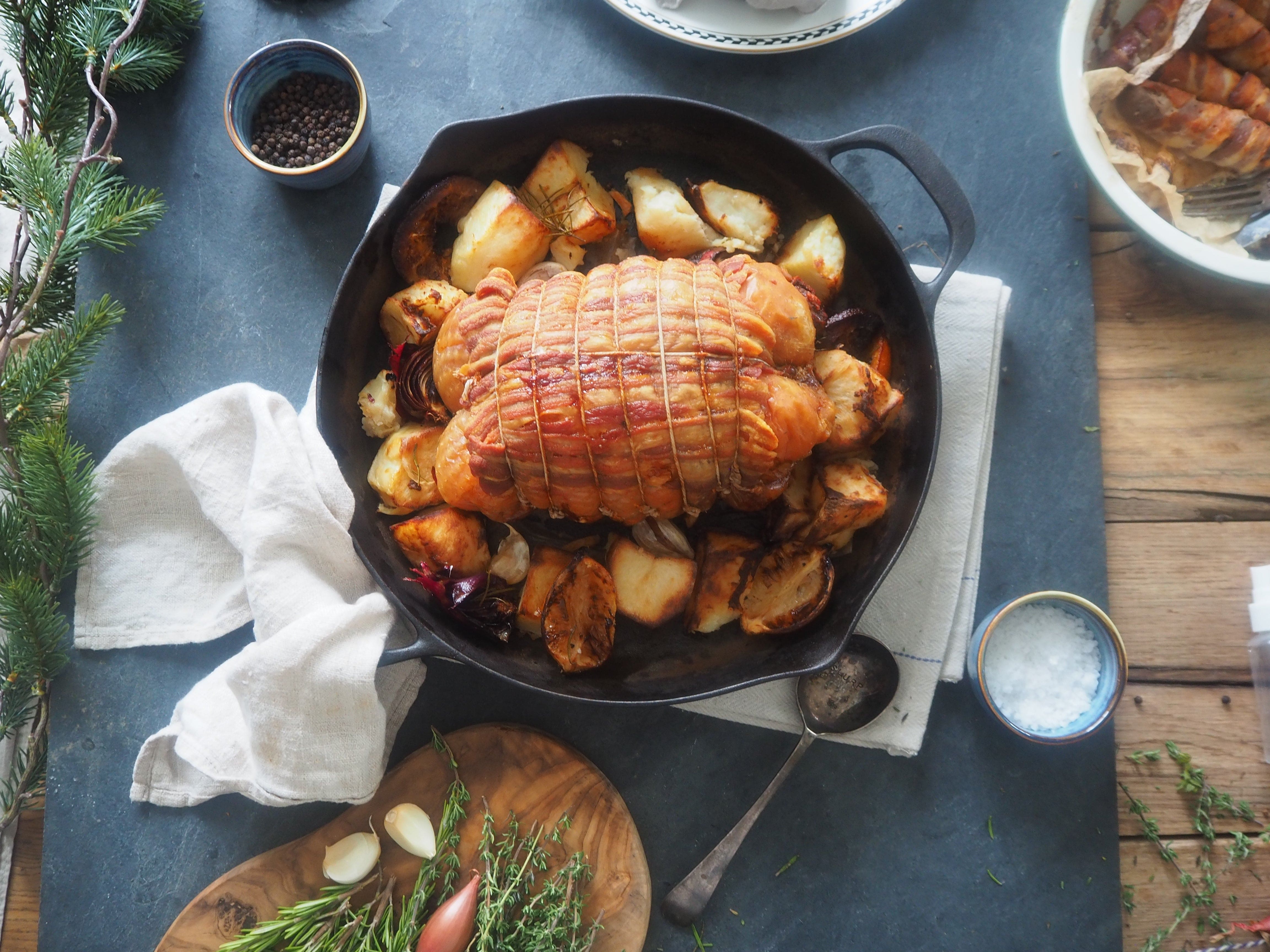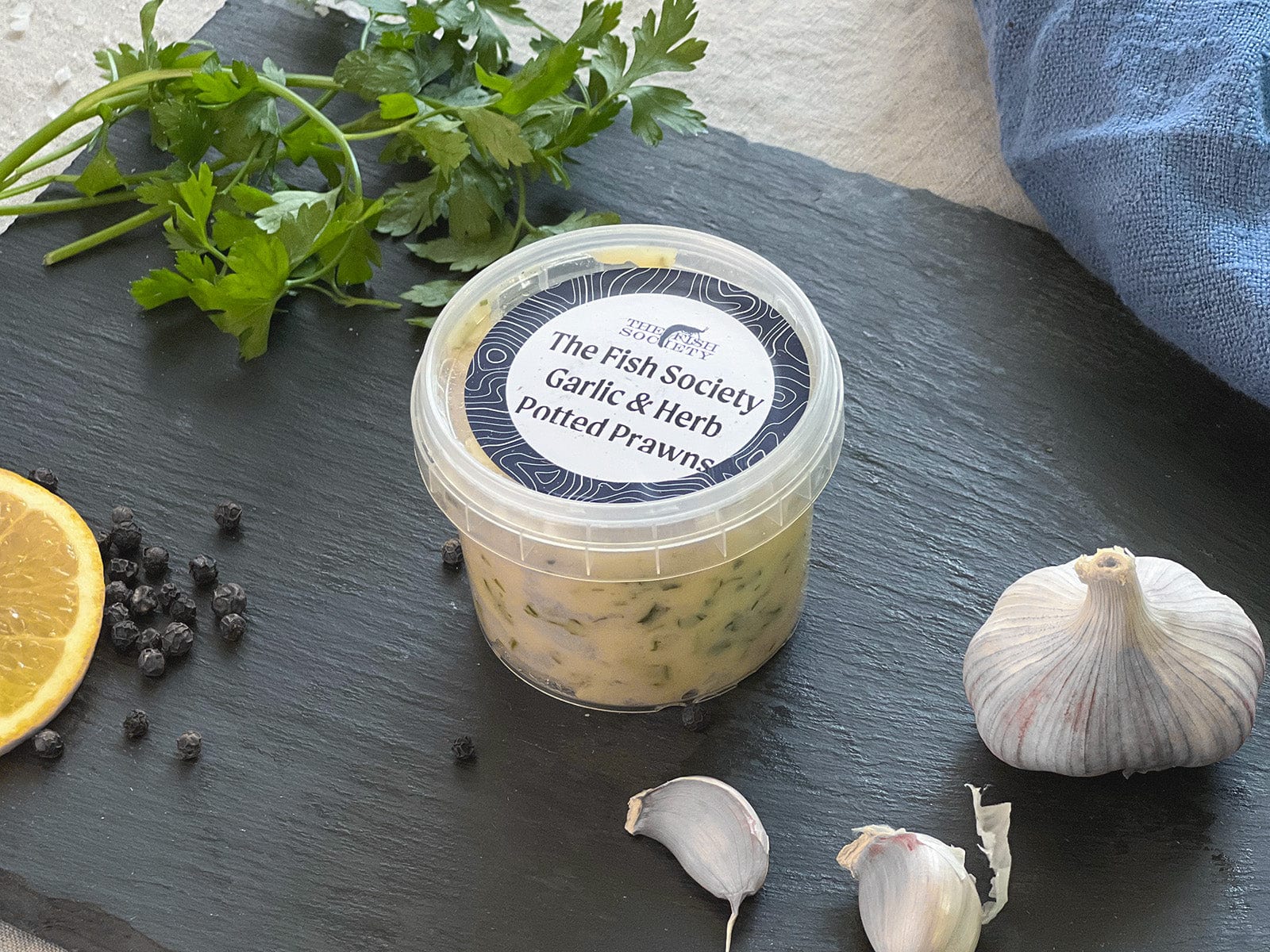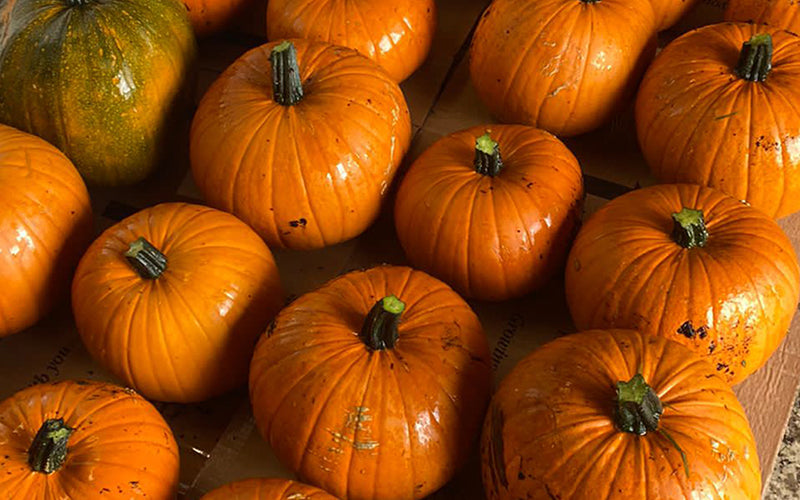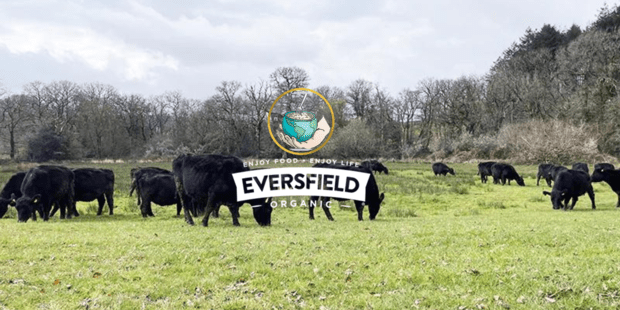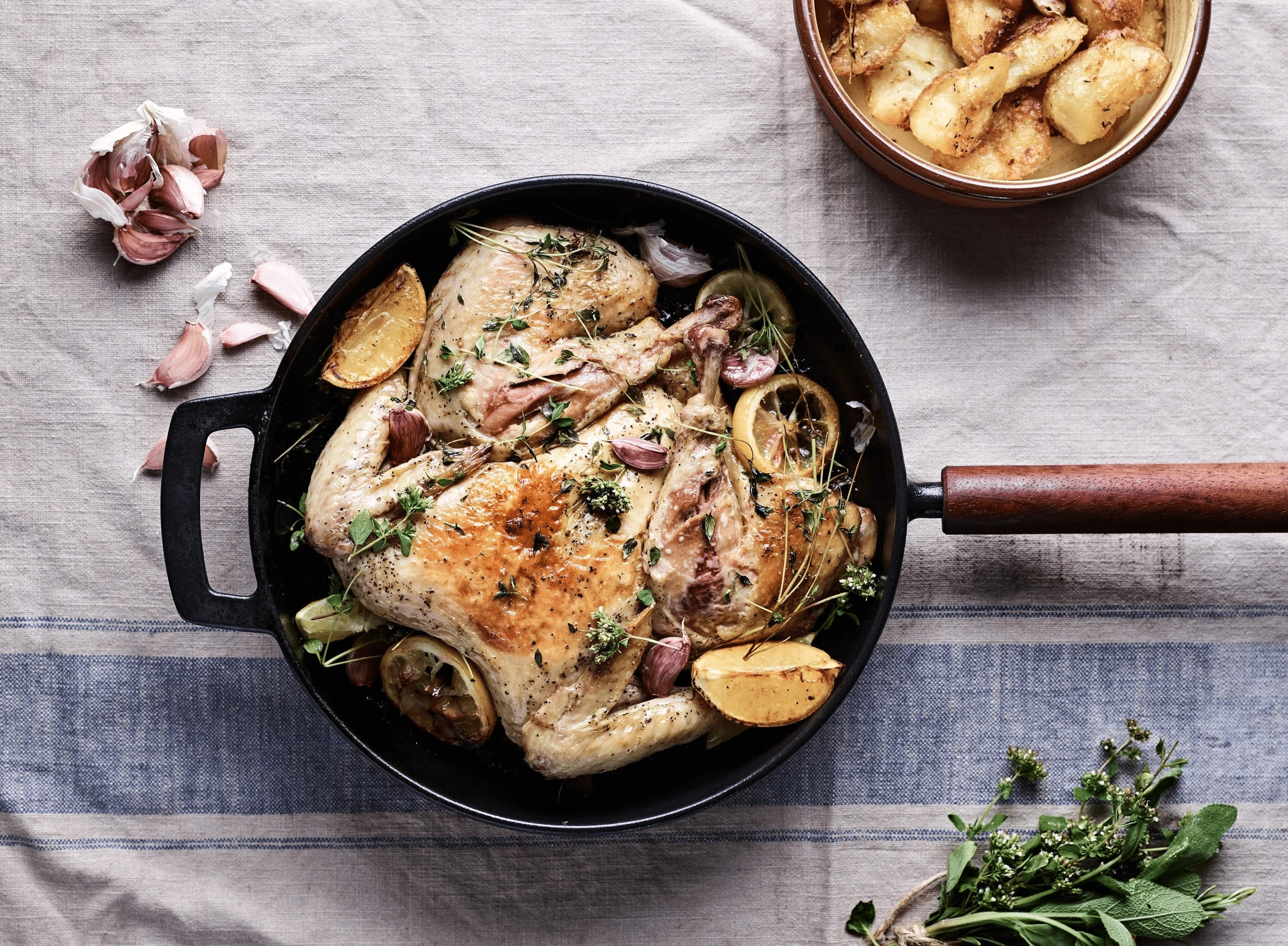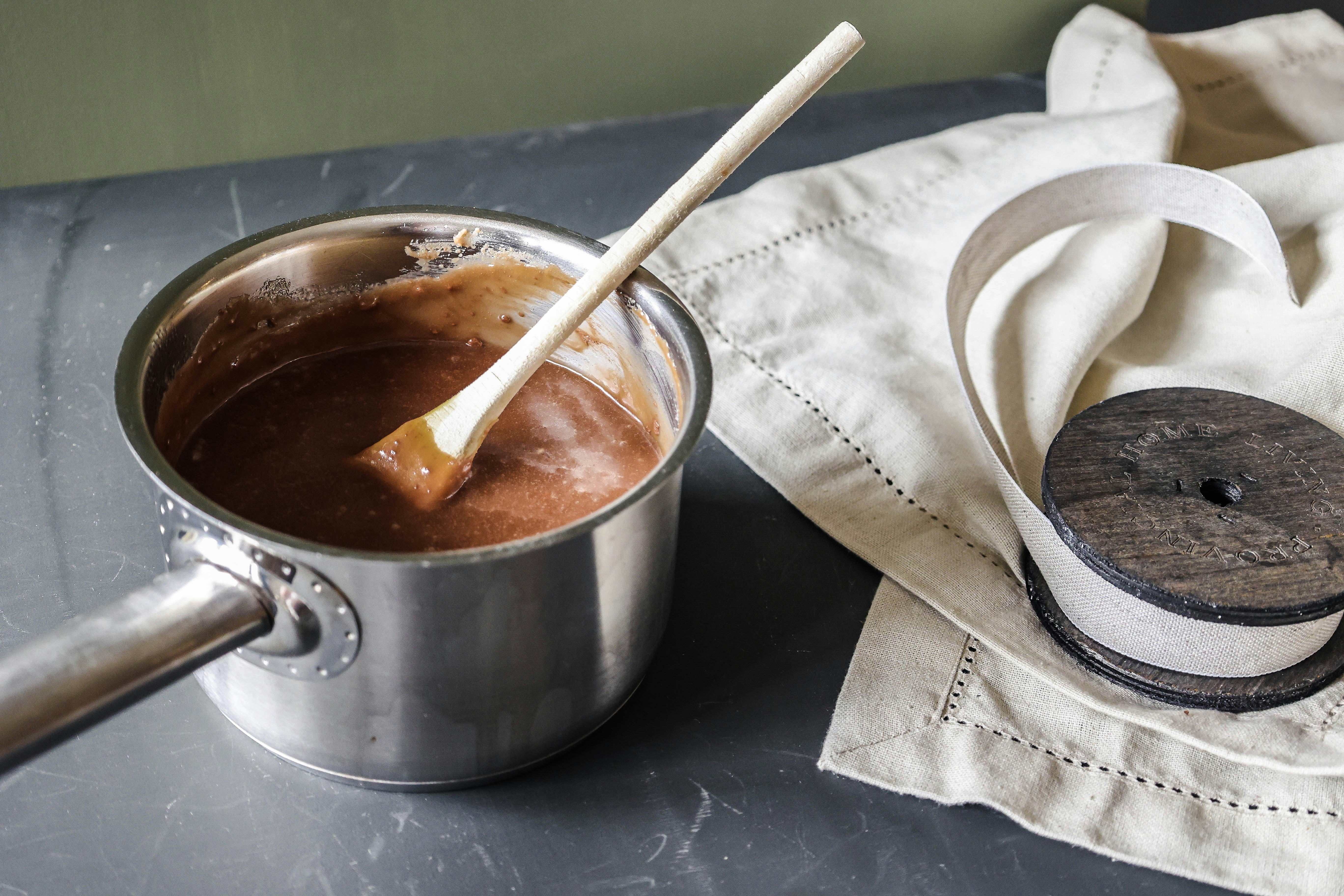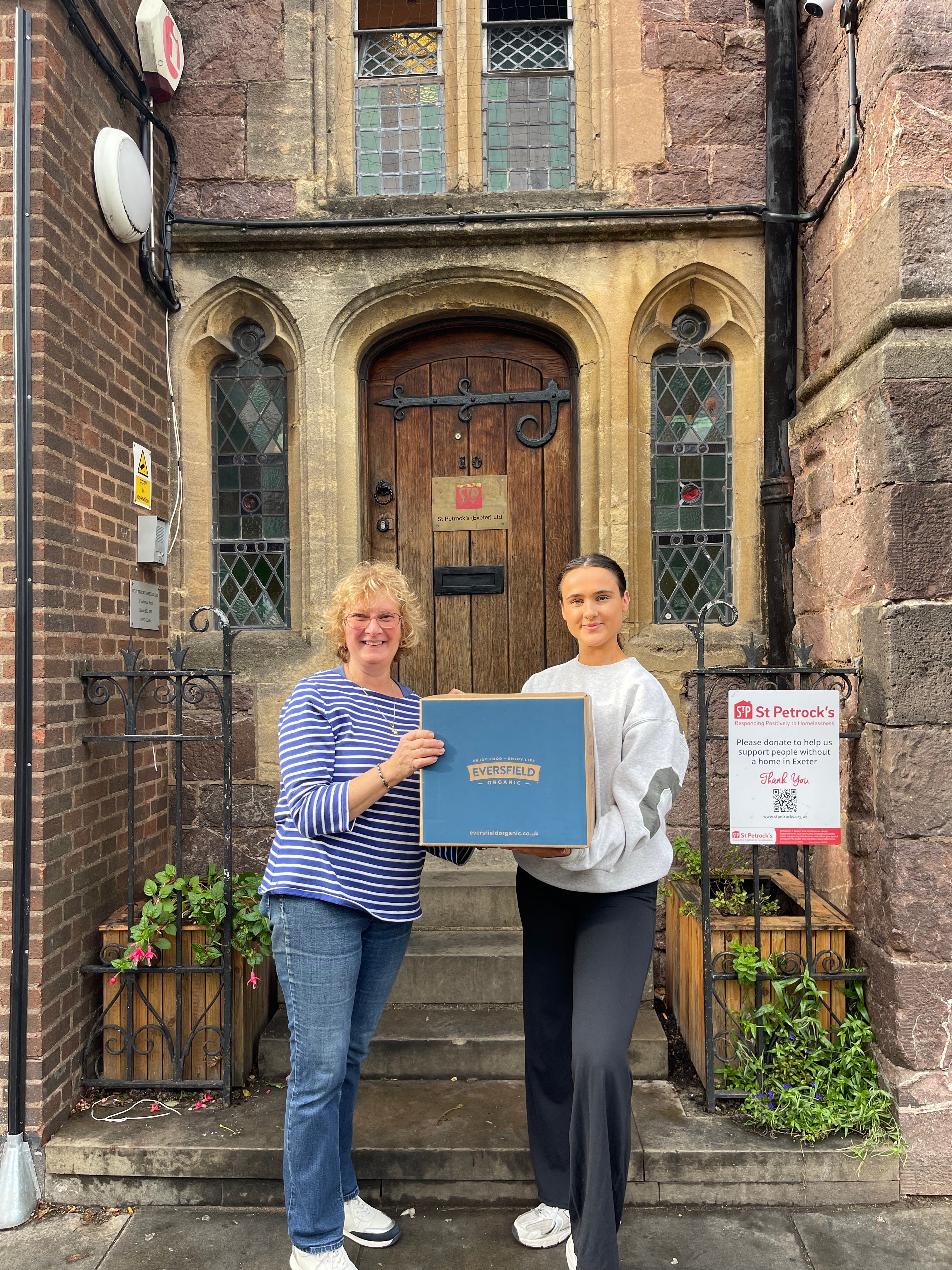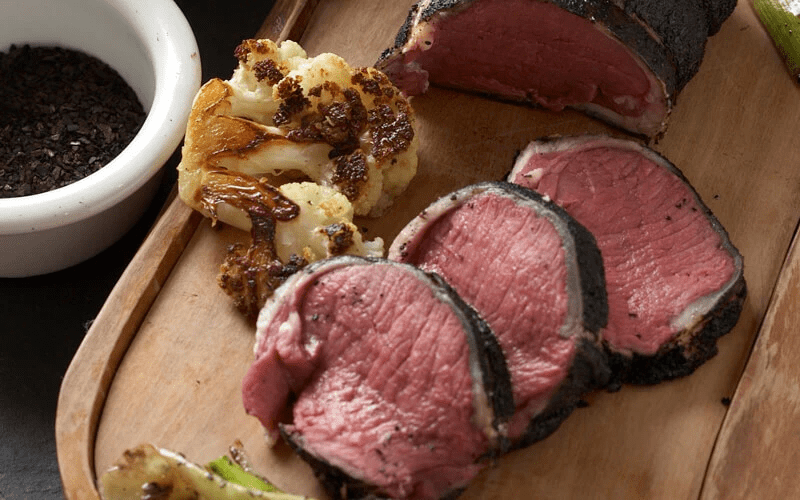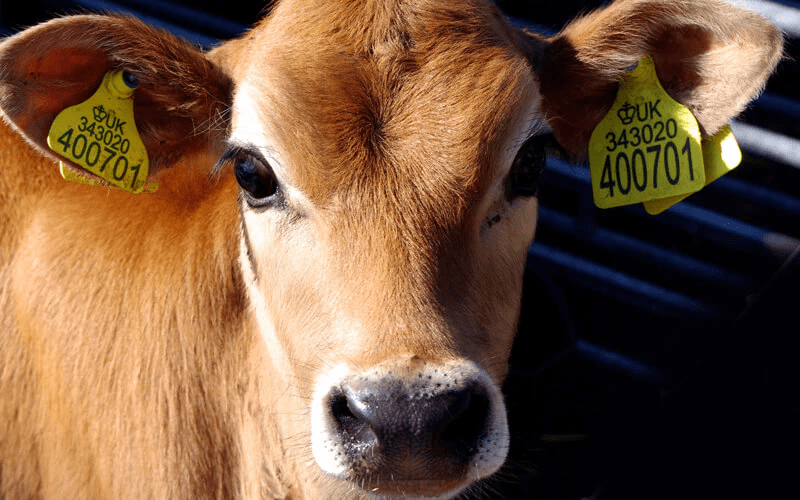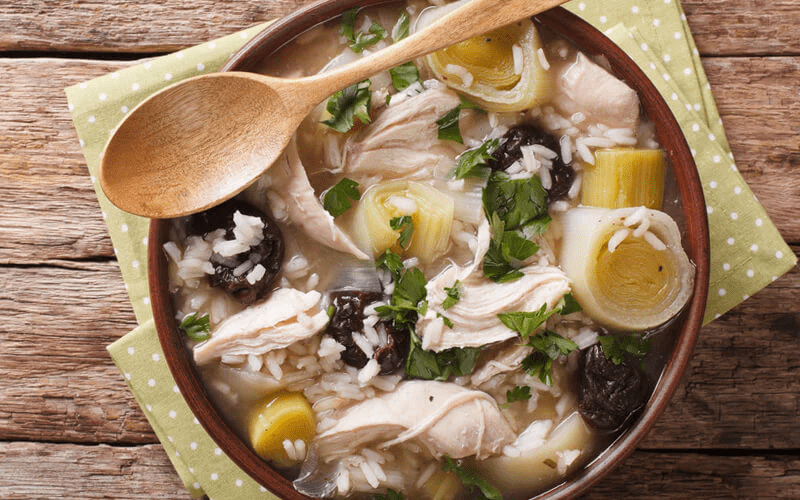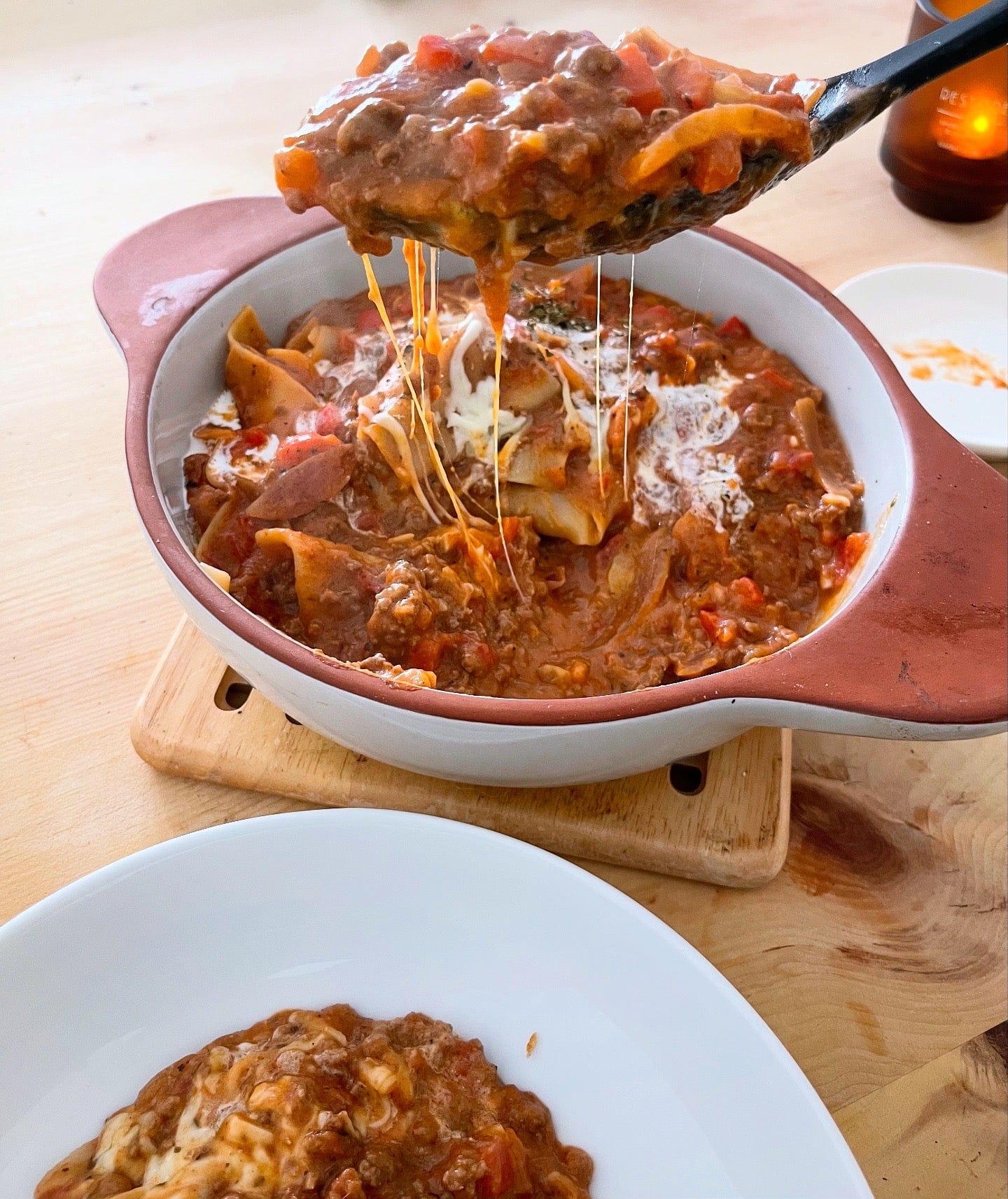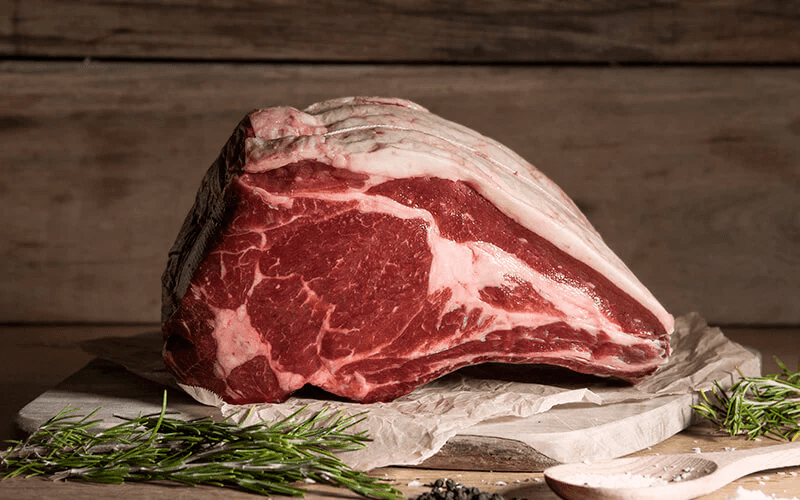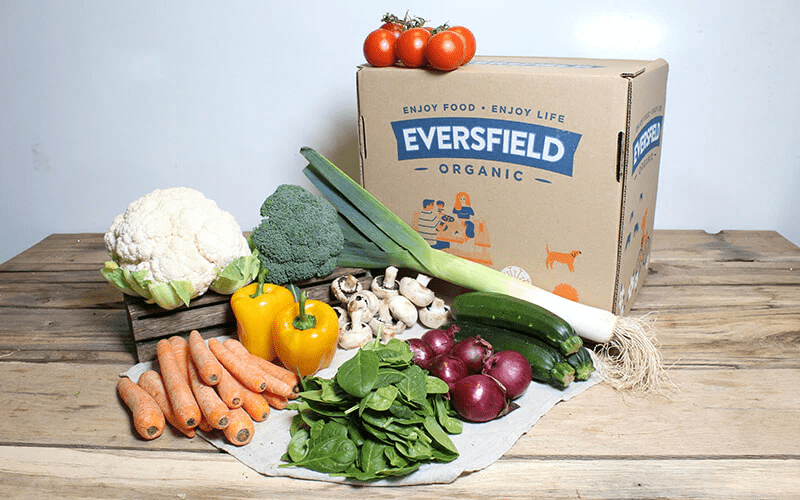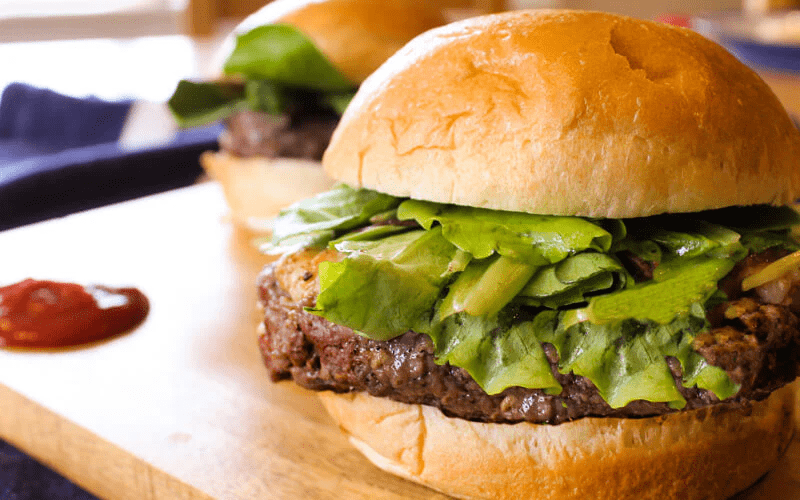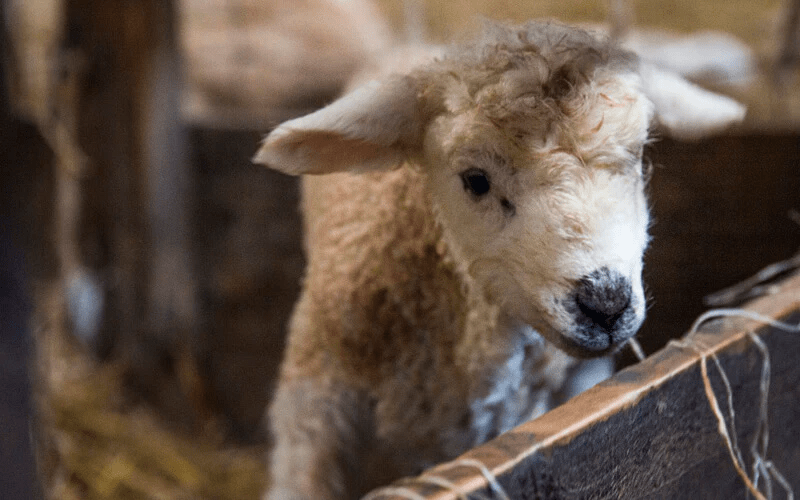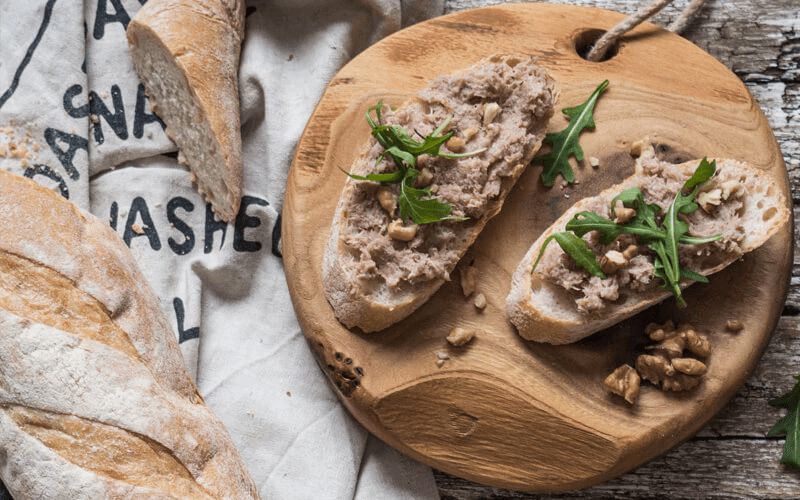Meet Our Suppliers: Trevibban Mill
Trundling down a rustic and isolated country lane near Padstow, you never know what you’ll stumble across. If I had not known that Trevibban Mill Vineyard was in the area, I would have expected my journey only to be interrupted by the occasional smallholding or the sighting of some local wildlife, instead, I turned the corner and was confronted with what can only be described as vino heaven.
Liz Mumcuoglu and her husband Engin purchased the 25-acre plot in 2007 without an inkling of where the project would take them 15 years later. Liz recalled: “we were originally going to buy six acres of non-agricultural land which included woodland, a lake, and an old watermill that we were planning to turn into our home. We were then offered a further 19 acres of agricultural land and just couldn’t say no.”
The couple, who met as postgraduate students at Dundee University, had no grounding in agriculture and Liz admits that her original vision of Trevibban Mill was a “free-flowing organic garden.” However, Engin had other ideas and the pair eventually decided to create the vineyard, following in the footsteps of his grandfather who had embarked on a similar venture in Turkey many years before. This decision has resulted in a breathtakingly beautiful site, with chestnut trees, apple orchards, and eight (soon to be nine) acres of hybrid vines explicitly bred for organic production.
 Image: A stunning view of the vineyard.
Image: A stunning view of the vineyard.
“As we’re Soil Association certified, we take great care over the way we farm”, Liz explained. “We don’t spray our apples with any artificial fertilisers or herbicides. As we’re working here seven days a week, the decision to farm organically means our team don’t have to subject themselves to these harmful chemicals. Also, we refrain from tilling and cultivating our soil.” By employing a no-till technique, the amount of water, organic material and essential nutrients in the soil are increased, consequently improving its health and ability to draw carbon dioxide from the atmosphere. It’s always great to hear about the regenerative farming methods of our suppliers that coincide with our own practices!
Another advantage of their organic production is a lower sulfite level. Sulfites work as preservatives in conventional wines; however, they are known to be associated with adverse reactions such as nausea, headaches, and allergies. Liz said: “due to our organic certification, we have a low sulfite threshold to adhere to. We’re always well below the Soil Association’s guidelines and continue to strive to cut out sulfites altogether.
Finding a vineyard which makes its own organic cider is not a common occurrence. However, having almost trebled their previous record high apple harvest last year by producing over 50 tons, it’s hardly surprising to learn that there are currently five products going strong in the Trevibban Mill cider range. “We tend to produce drier ciders here and we are yet to give in to going down the cheap, sweet, and sticky route filled with concentrates”, teased Liz. “We have a dry Still Cider, a slightly wetter Classic Sparkling, a Pink Cider, and the uniquely named Tiger Milk in our 330ml bottle range.
“The Pink cider is fermented alongside our organic red grapes to achieve a fruity and refreshing taste. This is my personal favourite, and along with the sparkling it tends to go down well at restaurants as they look amazing when poured.” As well as bringing the bubbles, Trevibban also provide a multitude of still options for those who prefer something more traditional.
“The Tiger Milk is actually quite similar to a hard, conventional Devon farm cider. Many would call it a Scrumpy, but we don’t use that term here! We make this one by chopping our late-harvest apples in half and fermenting them with their skin on. It results in a deep, almost orange colour and a taste that brought about a silver medal in the International Wine and Spirit Championships earlier this year.” The collection also includes an Oaked Cider which is presented in a whopping 750ml wine bottle. Brewed with oak staves for a sweet spicy aroma and a crisp, elegant flavour. Liz insisted this cider is perfect when paired with roast pork or chicken at Sunday lunch, so feel free to add a bottle to your basket when planning your next feast.
We could go on and on about the artisan product range that Trevibban Mill has to offer, but the reality and there’s a lot more than just alcohol production going on at their stunning site. “All of our staff are trained to lead tutored wine and cider tasting sessions. So you can come down and experience a guided sampling session of five of our wines or seven of our ciders for just £15.”
 Image: A popular destination for happy couples.
Image: A popular destination for happy couples.
Liz continued: “We also provide regular tours of our grounds. I personally lead a guided walking tour every Saturday during the peak season which includes a local organic lunch in our restaurant. Engin also guides three or four shorter tours which focus on the vines.” Whilst strolling around the picturesque grounds, I could easily have been tricked into thinking that I was in the South of France and I quickly realised why many couples selected Trevibban Mill as their wedding day location. Liz and Engin oversee between 10-15 weddings a year, proving once more the adaptable nature of the couple and their site.
What was most satisfying to observe was that despite so much going on, sustainability was at the heart of every step Liz and Engin had taken. With 110 solar panels being erected on the south-facing winery roof which are capable of generating up to 30,000 kWh of clean energy per year and plans to unveil a number of eco-barns, it’s safe to say Trevibban’s ethos is a future-proof one.
Every detail has been accounted for, even down to their chosen stockists. “We’ve had a lot of restaurants and shops up and down the country request our products to sell but we’re picky with who we allow carrying our products”, explained Liz. “We do supply a couple of choice spots in the Lake District and one in London but apart from those Eversfield Organic is the furthest our products are sold. By supplying local farm shops, restaurants and hotels, we find that people try our products at dinner, then visit our vineyard the next day looking for more. It’s a healthy way to keep our site sustained and support the local economy.”
A huge thank you to Liz and Engin for allowing me to visit their gorgeous site and going so in depth on their ethos. Next time you fancy a refreshing organic cider, you can now select the perfect beverage to suit the occasion after Liz' Trevibban Mill tasting tips!


